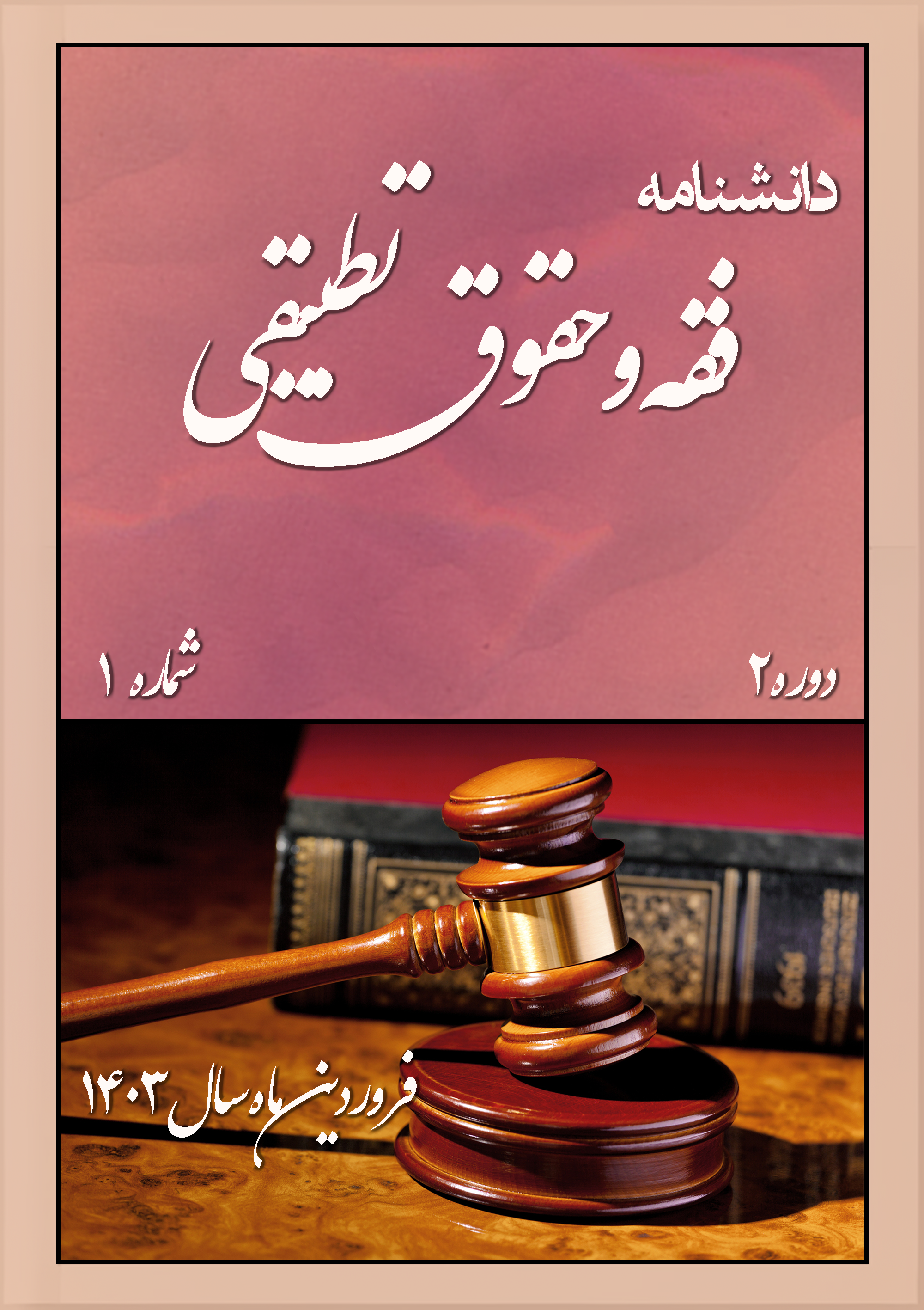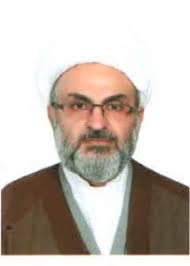The Impact of Thomas Piketty's Theories and Imam Muhammad al-Baqir's (A) Teachings on Reducing Economic Inequality in Islamic and Non-Islamic Countries
Keywords:
Economic Inequality, Thomas Piketty, Imam Muhammad al-Baqir (A), Zakat, Khums, Economic Justice, Financial TransparencyAbstract
Economic inequality is one of the major challenges in contemporary societies, negatively impacting social stability and economic growth. This article examines the theories of Thomas Piketty, a French economist, and the teachings of Imam Muhammad al-Baqir (A), a Shiite Imam, on reducing economic inequality. Piketty's theories, based on historical analysis and economic data, propose policies such as wealth taxation and increased financial transparency. Conversely, Imam Muhammad al-Baqir (A) emphasizes religious and ethical principles like Zakat and Khums, which aid in fair wealth distribution and reducing inequality. This article compares and integrates these two perspectives, offering comprehensive solutions for reducing economic inequality and examining successful and unsuccessful experiences in Islamic and non-Islamic countries. The results indicate that combining modern economic policies with religious principles can enhance economic justice and social stability. Financial transparency, combating corruption, and investing in public services are among the factors influencing the success of these policies. The article also provides suggestions for future research, focusing on long-term effects of combined policies and a more detailed analysis of various countries' experiences.



















